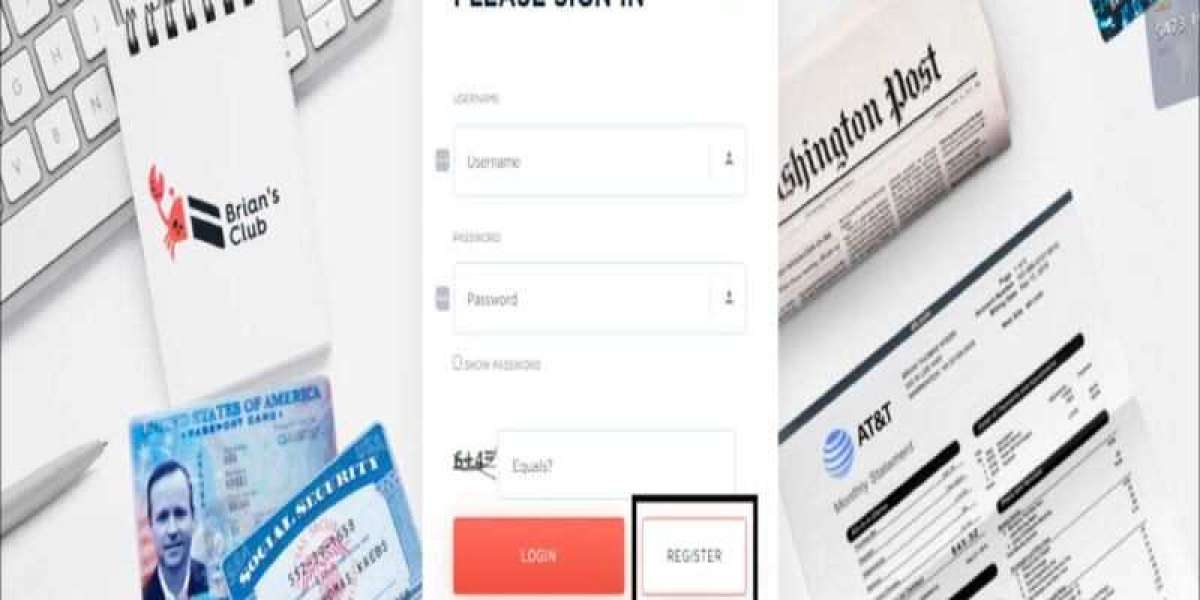In the realm of cybercrime, terms like "dumps" and "CVV2" are becoming more prevalent, especially on platforms like Bclub. Understanding these terms is essential to grasp how stolen credit card information is exploited.
What are Dumps and CVV2 Codes?
"Dumps" refer to the data copied from the magnetic stripe of credit and debit cards. This data includes vital information such as the card number, expiration date, and sometimes the cardholder’s name. Cybercriminals obtain this information through methods like skimming devices or hacking point-of-sale systems. With this data, they can create cloned cards to conduct fraudulent transactions.
"CVV2" stands for Card Verification Value 2, which is the three or four-digit code found on the back of credit cards. This code is used to verify online transactions, ensuring the cardholder has the physical card. When criminals have both dumps and CVV2 codes, they can more easily make unauthorized purchases.
The Role of Bclub
Bclub serves as a marketplace where dumps and CVV2 codes are bought and sold. Sellers list stolen card data, and buyers purchase this information to commit fraud. Bclub, like other similar platforms, is organized with rating systems to ensure the quality and reliability of the data being sold. This structure makes it easier for cybercriminals to access high-quality stolen information for their illegal activities.
Protecting Yourself from Cyber Fraud
The presence of platforms like Bclub highlights the need for robust protection of your financial information. Here are some practical steps:
Monitor your bank accounts regularly: Regularly checking your statements can help you spot unauthorized transactions early.
Use strong, unique passwords: Creating robust passwords can prevent unauthorized access to your online accounts.
Enable two-factor authentication (2FA): Adding an extra layer of security makes it harder for criminals to access your accounts, even if they have your password.
Be cautious with your card details: Avoid sharing your card information over the phone or via email, and be wary of suspicious websites.
By understanding the workings of Bclub and the terminology used, you can better protect yourself from becoming a victim of cybercrime. Stay informed and proactive to secure your financial well-being in the digital age.








